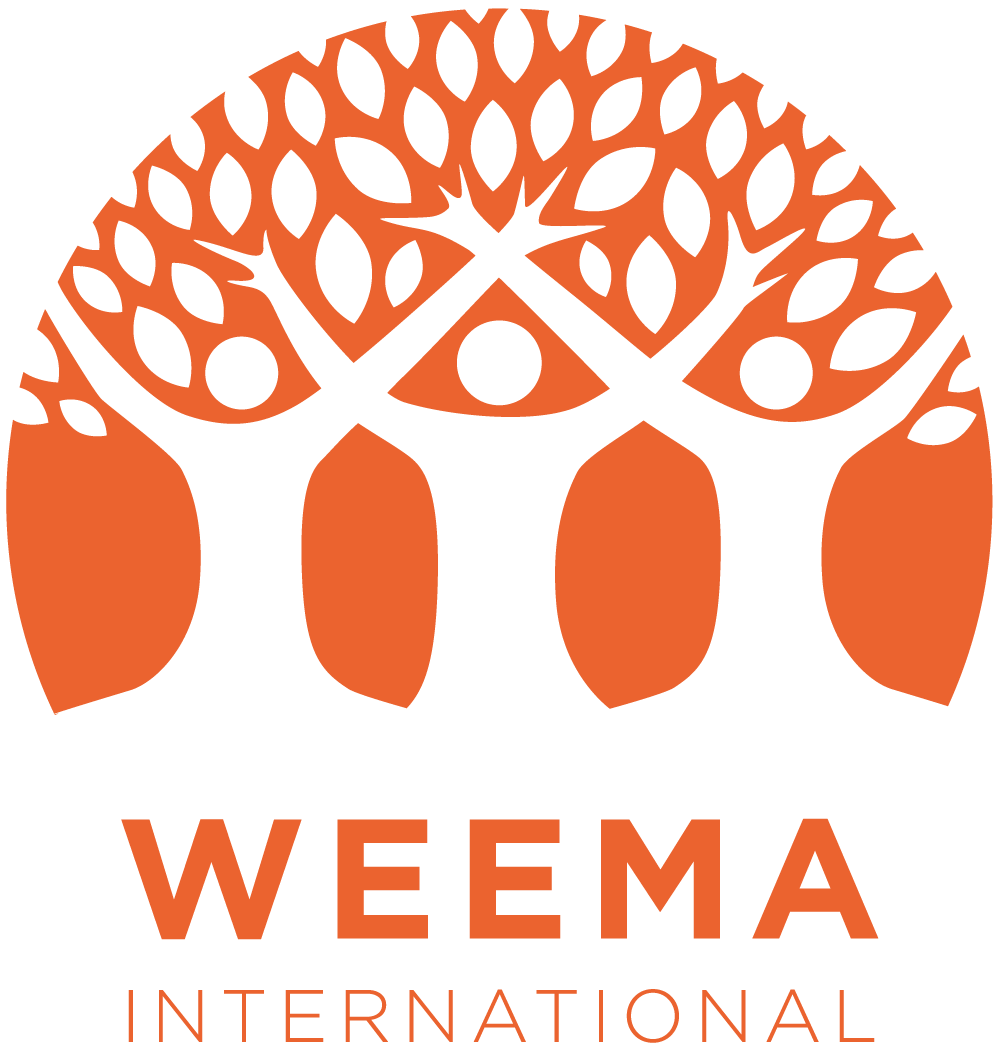High School Support
THE ISSUE
Education in Ethiopia has been a primary focus of the government, and they have made significant strides in improving access to secondary education in rural areas. However, challenges remain.
Access: Many rural areas are remote and difficult to reach. Families often live miles away from the nearest school, and children may need to travel long distances to reach school. This is particularly problematic for girls, who face safety risks along the way. Despite a push for increased infrastructure, many rural villages still lack a local high school. This results in a significant drop in enrollment rates after the primary level, as traveling to distant high schools is often unfeasible.
Socio-Economic Issues: The majority of the population in rural Ethiopia is engaged in subsistence farming. As a result, there is often a need for children to contribute to the family's livelihood rather than continue with their education. For girls, early marriages and household chores often take precedence over schooling.
Teaching Quality: Teaching quality varies widely, and teachers lack access to professional development opportunities. In many cases, classrooms are overcrowded and facilities are inadequate, which can negatively affect both teaching and learning.
School Resources and Infrastructure: Rural high schools often suffer from a lack of resources. They may have poorly stocked libraries, limited science laboratories, or insufficient access to computers and internet connectivity.
In spite of these challenges, the Ethiopian government has been working to improve access to and the quality of secondary education. Initiatives such as constructing more schools closer to rural communities, implementing programs to improve teacher training, and launching social protection programs to encourage school attendance have all been part of the effort.
WEEMA’S COMMUNITY-LED INTERVENTION
WEEMA partners with local government high schools to improve the quality of education by providing professional teacher training, supplementing school libraries with reference books and reading materials, supplying laboratories with equipment and supplies, strengthening computer rooms, and constructing ramps for increased accessibility. To date, seven high schools across Kembata-Tembaro Zone have been supported.
HIGH SCHOOL SUPPORT LOG FRAME
(What is a log frame? A logical framework, often referred to as a log frame, is a planning tool used in international development to design, implement, monitor, and evaluate projects. It establishes a coherent structure to identify and express the project's goals, objectives, activities, inputs, outputs, outcomes, and impacts, while also defining the indicators for measuring success and identifying potential risks and assumptions. This framework fosters accountability and ensures that projects are effectively addressing identified needs and expected results.)

